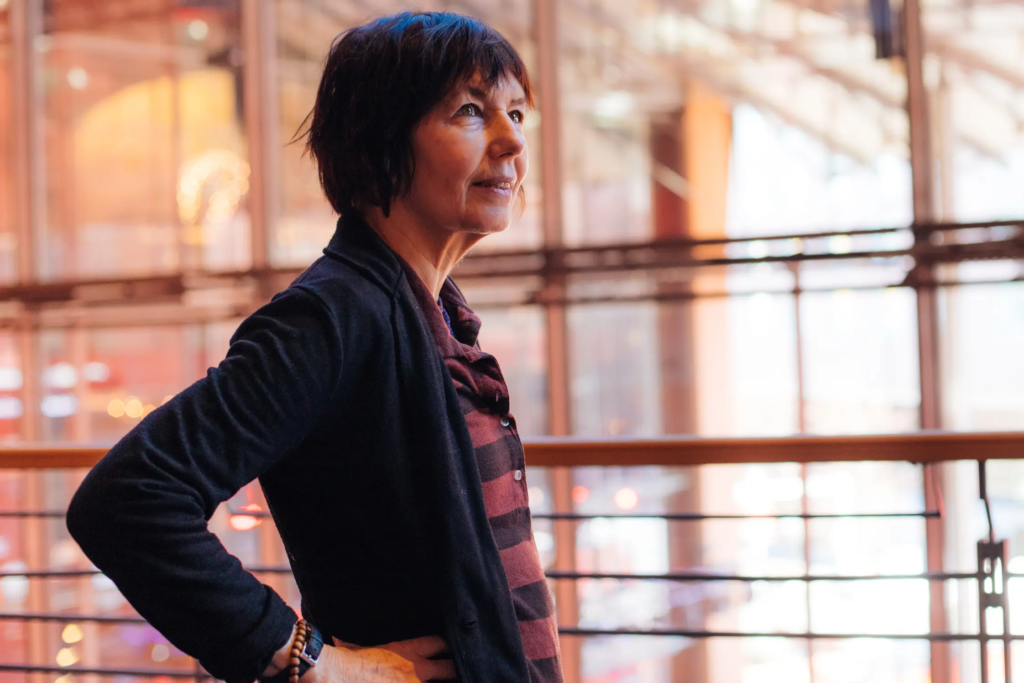1 –

The Primary mode used within ‘Sisters in Law’ is observational, the reason for this was to show ‘a day in the life’ of the court and legal system within Cameroon. The Directors chose this style as by being using a ‘fly on the wall’ approach it provides the viewer with the mindset that we are in that room to, reacting to what is happening with these peoples lives and how we generate a judgement like the women in the documentary who sentence their crimes. In comparison to other directors like Michael Moore or Nick Broomfield where they conduct their documentaries as hosts and narrators, Ayisi and Longinotto are creative in their methods of production.


2 – Being influenced by the Cinema verité (“cinema of truth”) movement, first used in France in the 1960s, to depict everyday situations with authentic dialogue an naturalness of action, ‘Sisters in law’ demonstrates this in numerous ways. 2 examples can be found in the scenes where, Vera Ngassa, one of the prosecutors is speaking to her child, This scene takes away from the main storylines to show that despite all the chaos of her job, she has brief moments to relax with her family. Another can be found in the scene where Manka, a 6 year-old girl, who had been beaten by her aunty, is shown to be cheered up by the policeman within the station. Taken together these examples of Cinema verité show the human aspects captured throughout the documentary. Due to the distortions of reality through modern media, this documentary makes good use of Cinema verité to ground these actual events to reality such as within these example scenes.
3 –
Would Sisters in Law construct a different narrative or give different perspectives of women’s lives, if the directors were men?

Yes, as my reasoning for this is that Director Kim Longinotto’s documentary’s are well known for the auteur approach of highlighting female victims of oppression and discrimination. With a male director, I feel as if the documentary would not capture that same motive. Through a feminist directors representation of Women, their understanding on politics and rights for women around the world are the key presidents that make her work stand out. Coming from a politically progressive Western-background (United Kingdom), she aims to provide a platform for these women who face in-equality in the politics of countries such as Cameroon. Facing suppression under a heavily patriarchal society, these aspects of her work wouldn’t be created as effectively by a male director.
If truth is important to documentary filmmaking, what truths are revealed in Sisters in Law?


Throughout Sisters in law, truths are revealed on the effects of patriarchal oppression women face in under-developed countries such as Cameroon. Within the Documentary, we are shown these examples and are made to emphasise with them. Through this exposure of change however, brought with the empowering actions of Beatrice Ntuba and Vera Ngassa, this inspires for a difference to be made within these communities, and as the ending shows, what is being done to make a difference.
